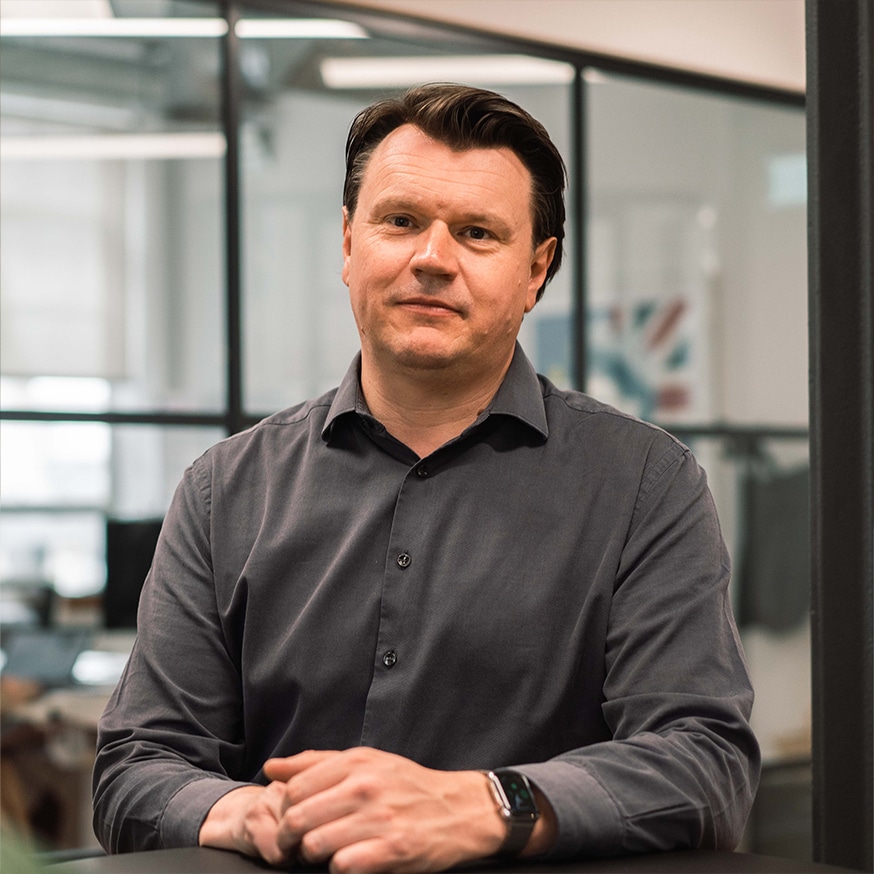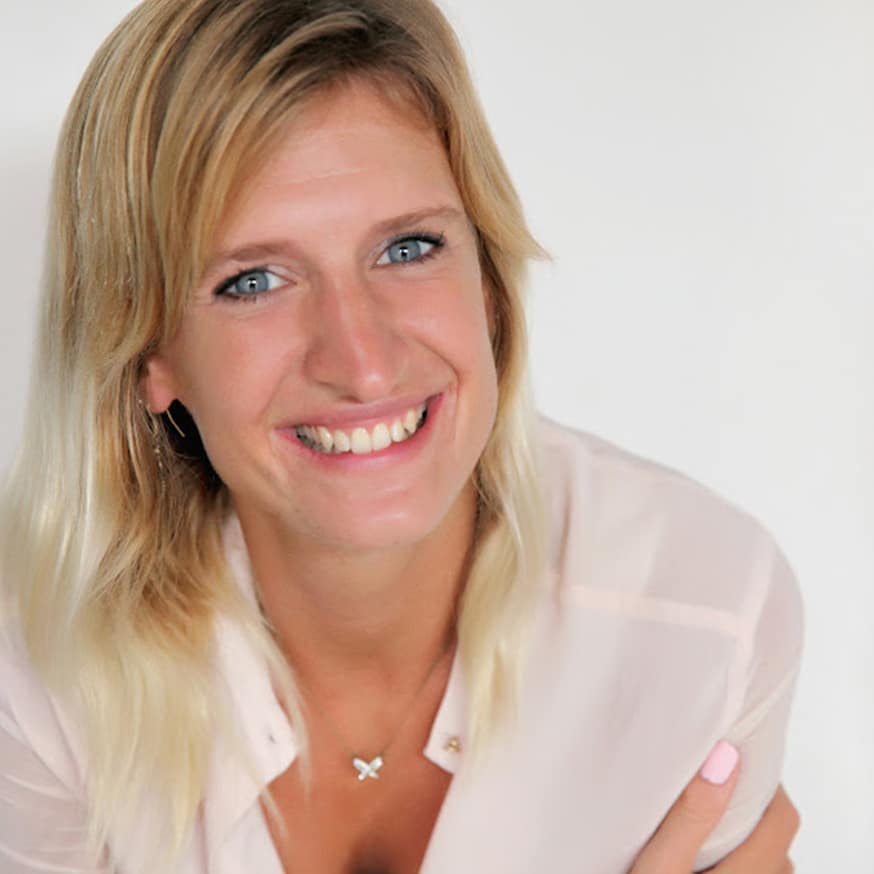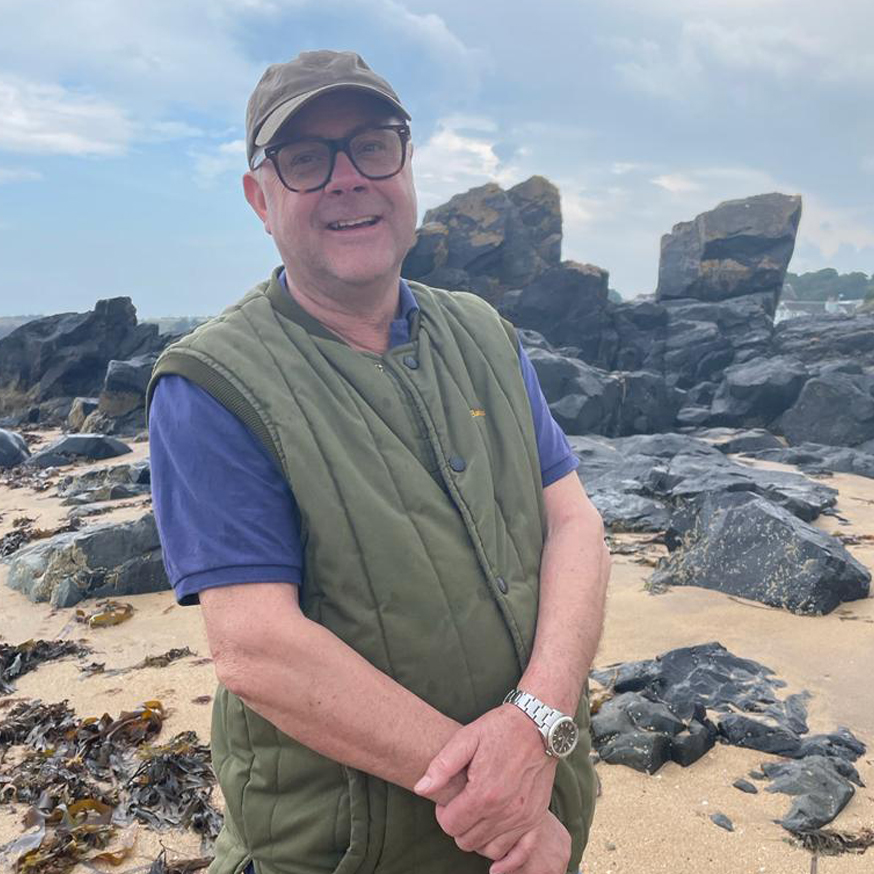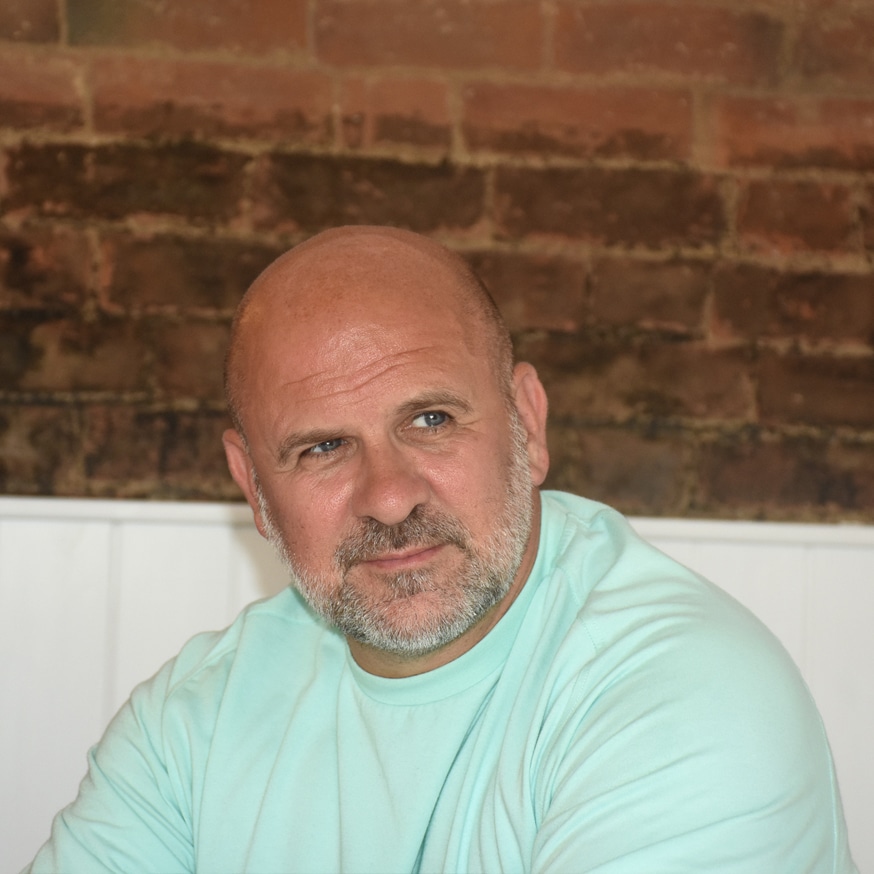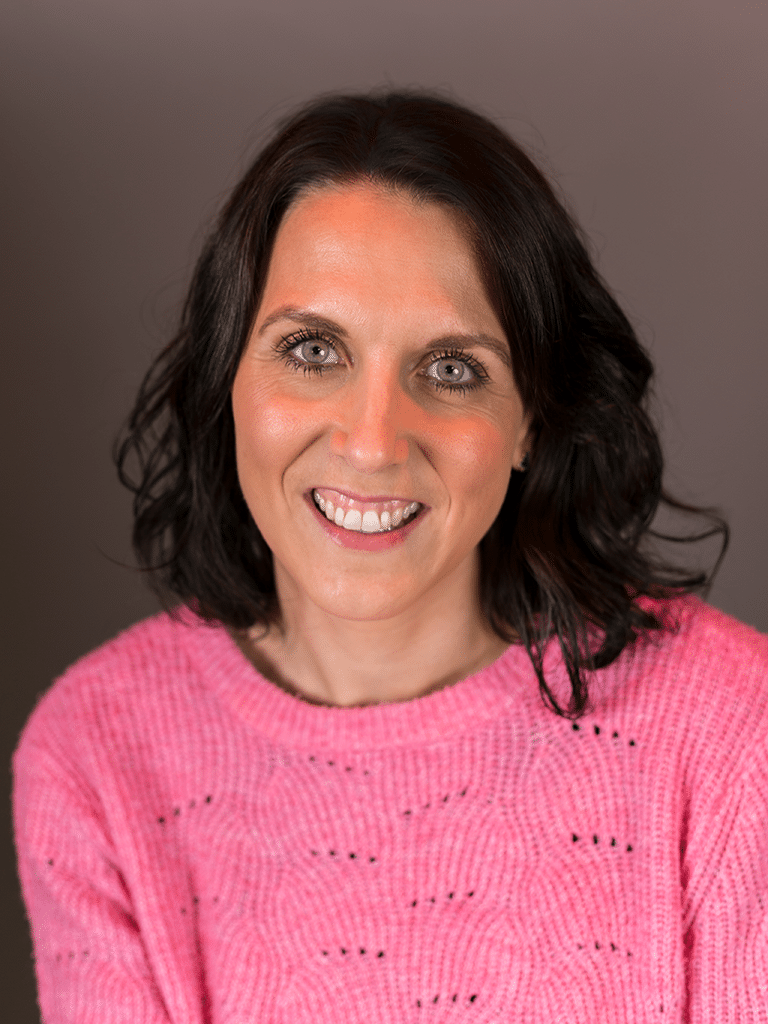
Aim for the Holy Grail: 100,000 per head revenue
"It shouldn't be the only thing you care about. Because you'll miss some of the nuances around processes and how people work together."
Jinny Mitchell-Kent | COO | Great State
Questions:
> How would you explain what “aim for the Holy Grail: 100,000 per head revenue” means?
> What do you think about this ‘advice’?
> Would you give this advice to other people?
> If not, what alternative advice would you give to agency leaders?
> What is Jinny Mitchell-Kent's opinion on the most important performance metric in an agency?
How would you explain what “aim for the Holy Grail: 100,000 per head revenue” means?
There is a metric that people like to use or agencies like to use. One where you can attribute your revenue over the year to the number of people that you have in the business.
100,000 per person and then you will be profitable.
I think that's a difficult one, because in lots of businesses you have many overhead roles - roles that don't generate direct revenue. It's therefore not as straightforward as that.
It's something that we're looking at in more detail at the moment as profitability has become more of a challenge in the current economic climate. Having to pay our staff and our freelancers more, but not necessarily being able to charge our clients more you end up with a gap. Which means that 100,000 revenue per person per person becomes greater.
So whether it's a possible holy grail, I don't know.
What do you think about this ‘advice’?
Like with anything you need some benchmarks and metrics to work with. It's useful to have some key measures, that give you a starting point for making profit. But there are a huge number of variables that make up whether you are going to be profitable or not.
So it is one measure within many others that is useful to look at, but shouldn't, from my point of view, be the only thing you care about. Because I think you'll miss some of the nuances around processes and how people work together - things that are really important.
Would you give this advice to other people?
I wouldn't exclude it from recommendations, but it would be part of a wider set of things to consider.
If not, what alternative advice would you give to agency leaders?
Look at how much you're spending on staff, how much you're spending on your other overheads and whether that's as efficient as it possibly can be.
Whether your pricing model allows for you to reach that revenue number that you are looking for. Look at your structure generally. For us as an agency, we've grown and people have stayed around for a long time, which is great. But that does mean at times we’ve been a little bit top heavy, because you've got all these people who have worked here for a really long time and become very senior and actually you end up with a structure that is appropriate for a much larger agency. We’ve therefore looked at how we can also bring in more junior people, as well as how we can increase our revenue/client portfolio to ensure we’re scaling alongside the team we have in place.
It's trying to find the balance and make sure you have the best structure for working as efficiently as possible and that you are the right shape essentially for the work you're doing. So being as profitable as possible, whilst also delivering amazing outputs.
What is Jinny Mitchell-Kent's opinion on the most important performance metric in an agency?
The ones we measure regularly are our cost ratios. The percentage of staff cost to revenue or GP. Also, just being sensible financially, so ensuring we’re looking at our volume of accruals and deferrals and being on top of these. You don’t want the percentage to be too high of either of those things to make sure you’re managing your cash flow properly.
It’s also really key to keep an eye on utilisation (or billability) – it can make a massive difference to overall company profitability if you’re projects aren’t as profitable as they should be. We look at the amount of time we’re actually charging clients and making sure we’re applying our time in the right places, not over-servicing when we don’t need to and so on. Making sure we are working as efficiently as possible.
I seem to track profitability on a day-to-day basis at the moment it feels like. That’s a bit of an exaggeration but things can be very changeable – client budgets, the need for more or less freelancers, changing costs of overheads and so on, mean we need more scrutiny on profit than we maybe did in the past.
Jinny Mitchell-Kent's bio
As COO at Great State, Jinny is responsible for scaling, integrating and optimising processes, ensuring efficient and high-quality delivery across the business.
Jinny has over 17 years’ experience in digital project and programme management, with a strong track record of delivering highly creative and complex technical implementations. Her previous role saw her as Head of Delivery and Operations for global agency AKQA, accountable for delivery across all clients in the London office.
Jinny has worked with some of the world’s biggest brands across a range of sectors and specialisms such as financial services, retail, healthcare and automotive. She helped Dyson to deliver its first connected product and has led multiple accounts for blue chip clients such as Bupa, McLaren Automotive, Rolls-Royce, Sainsbury’s, Coutts and Fiat.
Humble promo of Jinny Mitchell-Kent and The Agency Works
Jinny is part of our Operations Peer Support Group at Polymensa. And it's been such a pleasure getting to know her over the past year. She has an incredible understanding of operations at an agency. She's not just good with the numbers, she also understands the impact it has on the team. If I ran an agency, I wouldn't hesitate to employ Jinny - a real superstar COO if you ask me, who would be an incredible Managing Director.
Cheersssss!
Daniel (Polymensa founder)
Explore other perspectives
Darren Low
Founder @ Low&Behold
"It is one of the agency myths or bullshits, because it ignores all the other dynamics in your agency"
Chantelle Glenville
Chief Operating Officer @ Strategiq
"I think it’s useful to have quick and easy benchmarks to refer to"
David Wood (AKA "Woody")
Chairman @ BBL/P
"Why focus on one metric when there are lots to think about. A doctor doesn’t stop at blood pressure"

The Rabbit Hole: The Moth
I think one of the main reasons we humans have survived as a species for so long is our ability to tell stories. This site has some of the most incredible stories I’ve heard, told by 'ordinary' human beings...
Peak down the rabbit hole

Blindspot: Capa e Betina
Since my move to Portugal, I’ve naturally come across cultural novelties all the time. One night I was walking down the narrow and dimly lit roads of Peniche. I could only hear my footsteps and the occasional screech of a seagull, when suddenly a whole crowd of people draped in long black capes cut me off at the next crossing. I honestly thought I was walking through a Harry Potter film set.
The capes are called “Capa e Betina” and are the traditional school uniform in Portugal. But what I didn’t know is that JK Rowling used to live in Porto and allegedly was inspired by these particular uniforms. Now if you’re a hard core Harry Potter fan, I am sure you already knew this.


